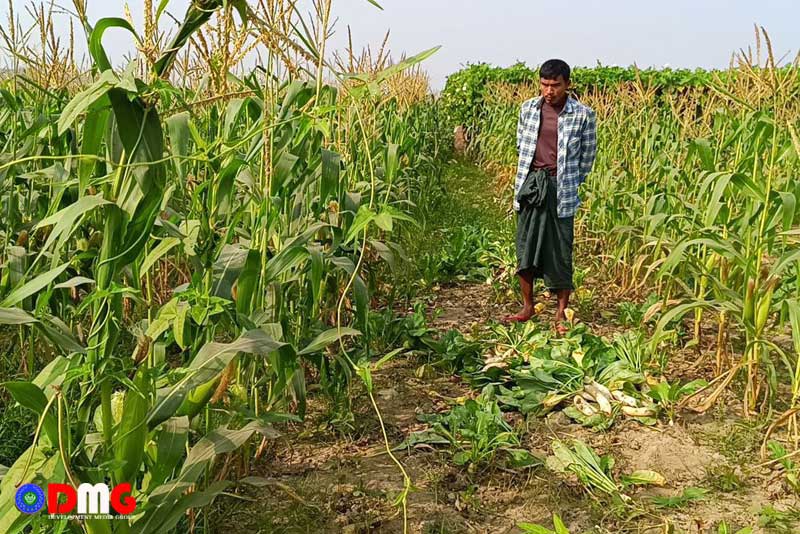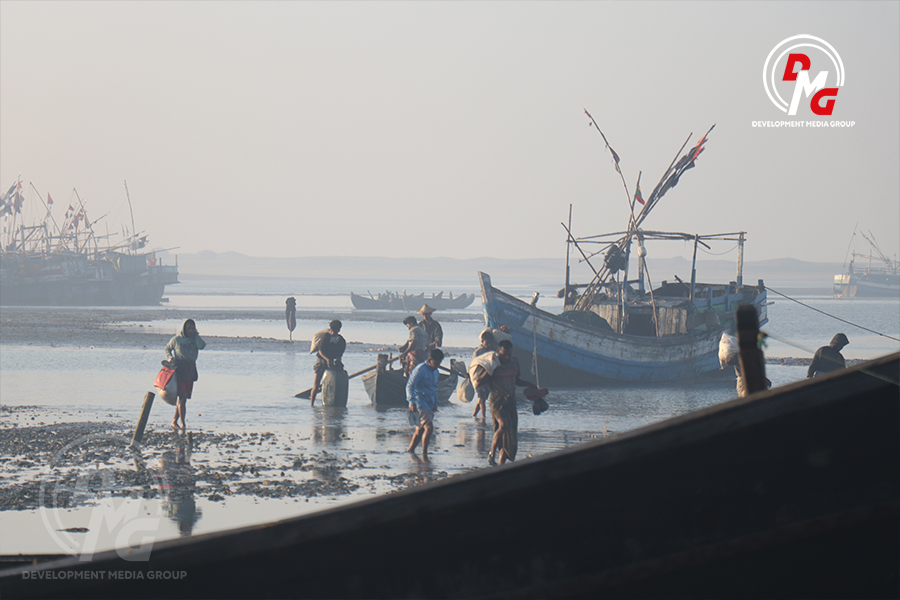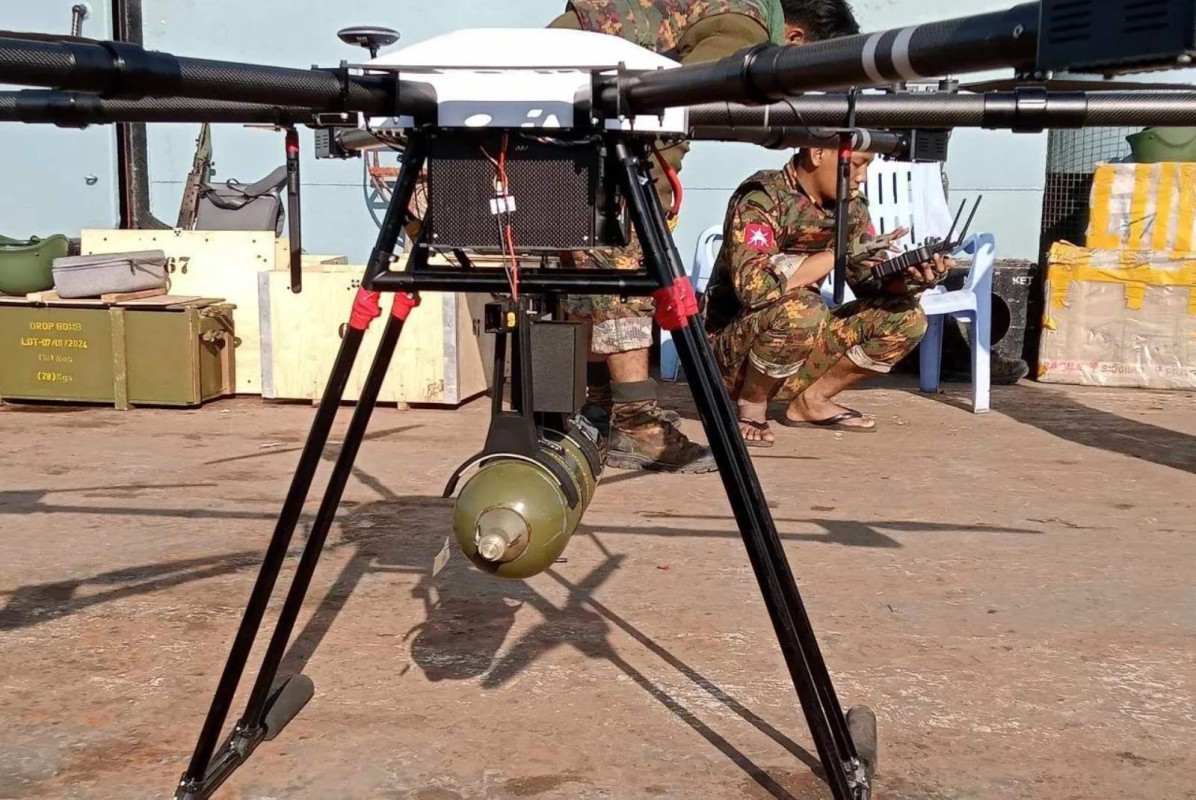- Weekly Highlights from Arakan State (Jan 26 to Feb 1, 2026)
- Arakanese youth stabbed in Mae Sot urgently needs financial aid for medical treatment
- Five years on Myanmar faces uncertain military and political outlook after coup
- Myanmar Navy detains Pauktaw fishermen and demands ransom
- Junta Airstrikes on Arakan and the Consequences for Independent Media
Arakan State farmers seek loans and technology
Growers in Arakan State say they need technology and support from business owners for the agricultural industry to develop.
19 Jan 2023

DMG Newsroom
19 January 2023, Sittwe
Growers in Arakan State say they need technology and support from business owners for the agricultural industry to develop.
Growers say they don’t have access to loans, technology or the market while the costs of agricultural inputs are high.
“Fertiliser prices have increased, and so have the prices of other agricultural inputs. So, we need technologies that are less costly. And we also need markets where we can sell our products. Business owners and technicians must support us,” said farmer U Than Tun from Maung Ni Pyin Village in Sittwe.
Farmers have suffered poor harvests due to adverse weather conditions, armed conflicts, and increased costs of agricultural inputs over the past year and more.
“When farmers suffer from troubles, it is not that only they are affected, but average folk are also affected [as rice is a staple food in Myanmar],” said farmer U Kyaw Yin Maung from Kyaukseik Village of Pauktaw Township. “Business owners and agriculturalists in Arakan State must support the development of the agriculture industry in the state.”
Eggplants, potato, pepper, cucumber, peanut, mustard, watermelon, cabbage and mung beans are grown as cold season crops in Arakan State’s Ponnagyun, Kyauktaw, Mrauk-U and Minbya townships.

According to the Rakhine Farmers Union, there are more than 1.2 million acres of farmland across Arakan State, but only slightly over 540,000 acres were put under cold season crop cultivation.
Ko Ye Tun Myint, manager of Rakhine Organic Land, an agricultural technical support group, suggested implementing contract farming.
“The idea we have in our mind is businessmen should provide agricultural inputs, and sign contracts with farmers. Farmers can get assured market and production support by doing so. Such a system has been implemented in other parts of the country, and it should also be introduced in Arakan State,” he said.
Despite the fact that Arakan State is rich in fertile soil, the agricultural industry has been in decline due to various factors. At present, local consumers pay high prices for fruits brought in from other parts of the country as Arakan State can’t produce them.
Local farmers have also called on authorities to provide financial and technical support for them, as well as access to the market.
The government alone will not be able to provide such assistance, but Arakan State should take its cue from other parts of the country where people from various fields work together for development of the agricultural industry, said U Tun Myint, head of the Arakan State Agriculture Department.
“Profit-sharing farming systems are practised around the world as well as in Yangon and Ayeyarwady regions,” said U Tun Myint. “So, if business owners in Arakan State cooperate to help implement this system, the agricultural industry will develop in Arakan State.”















.jpg)

